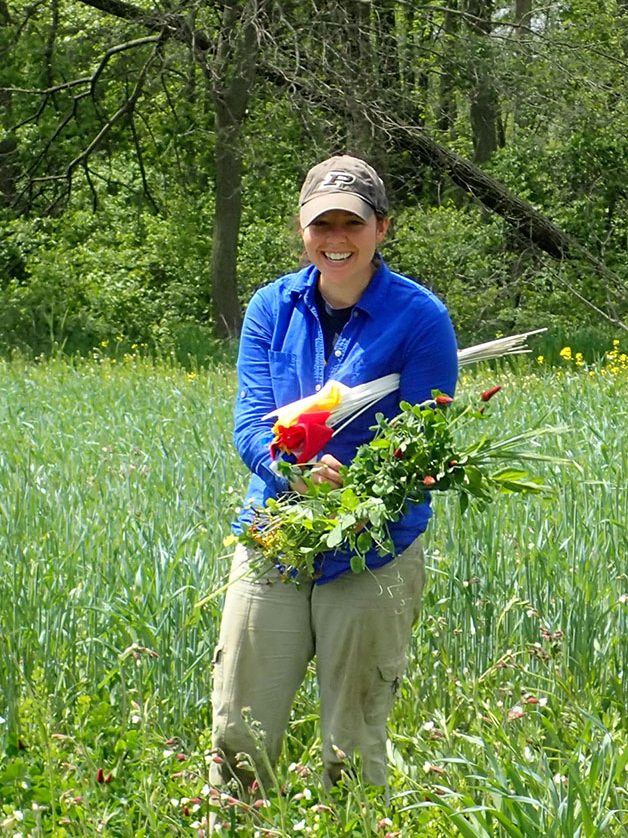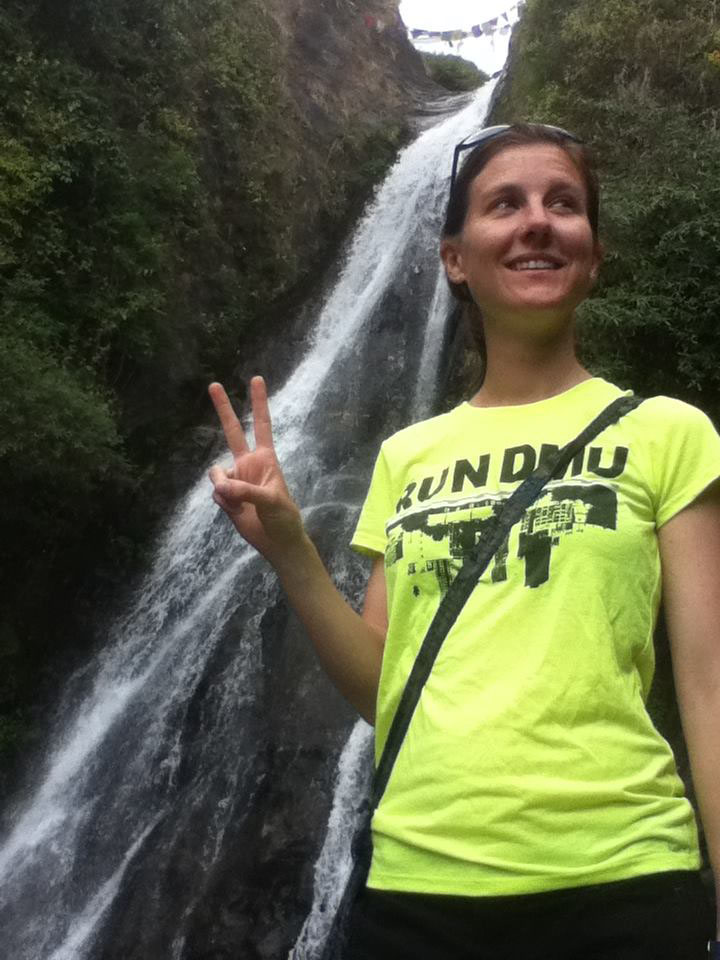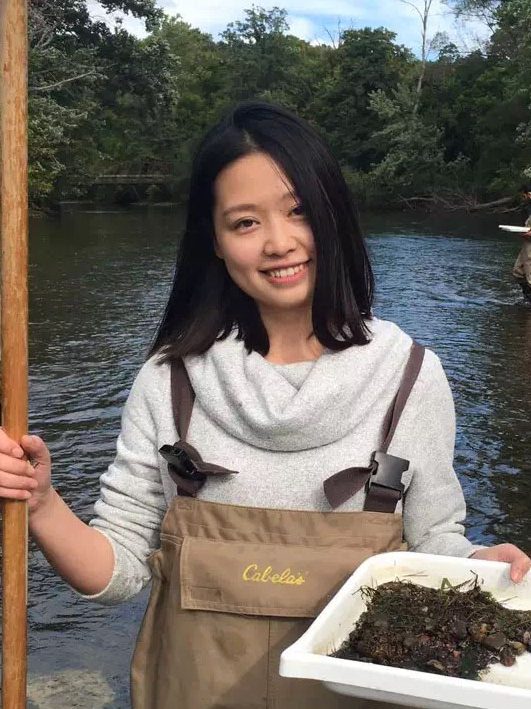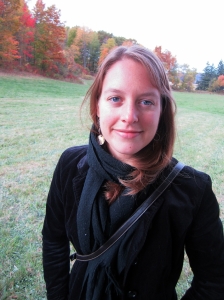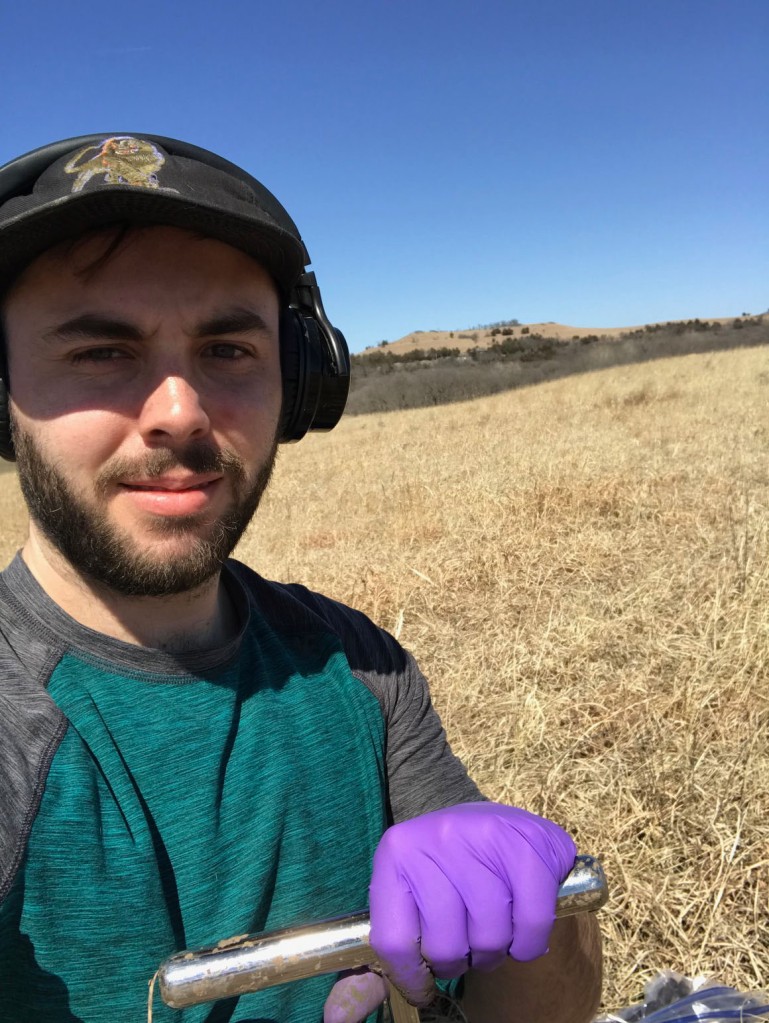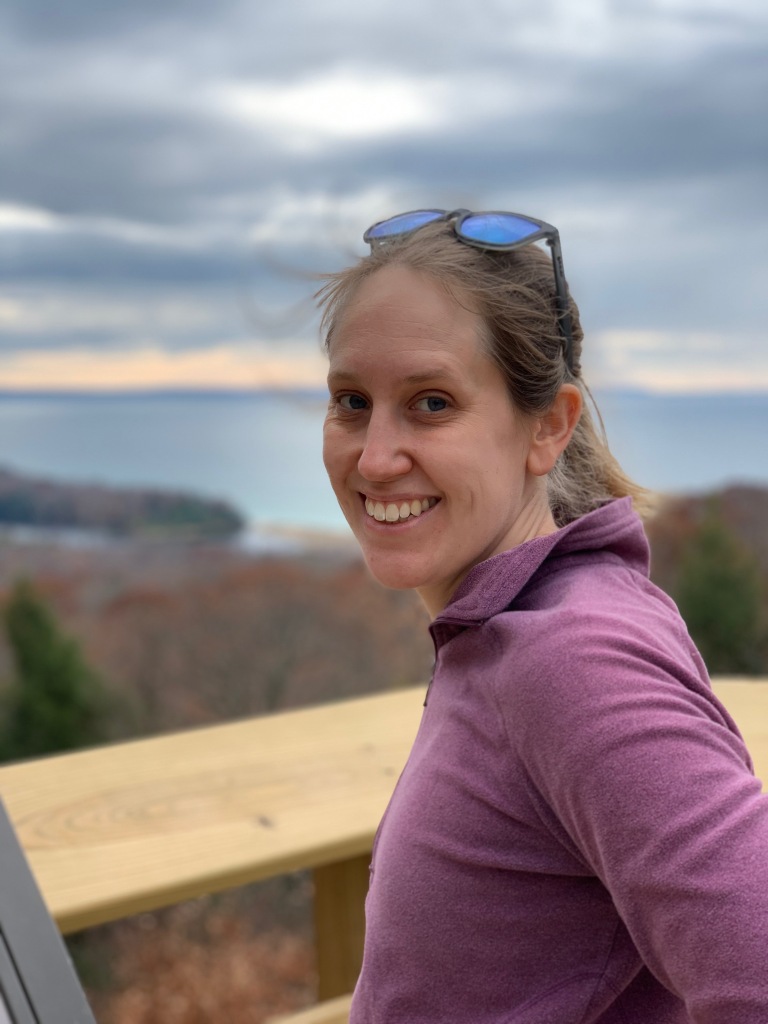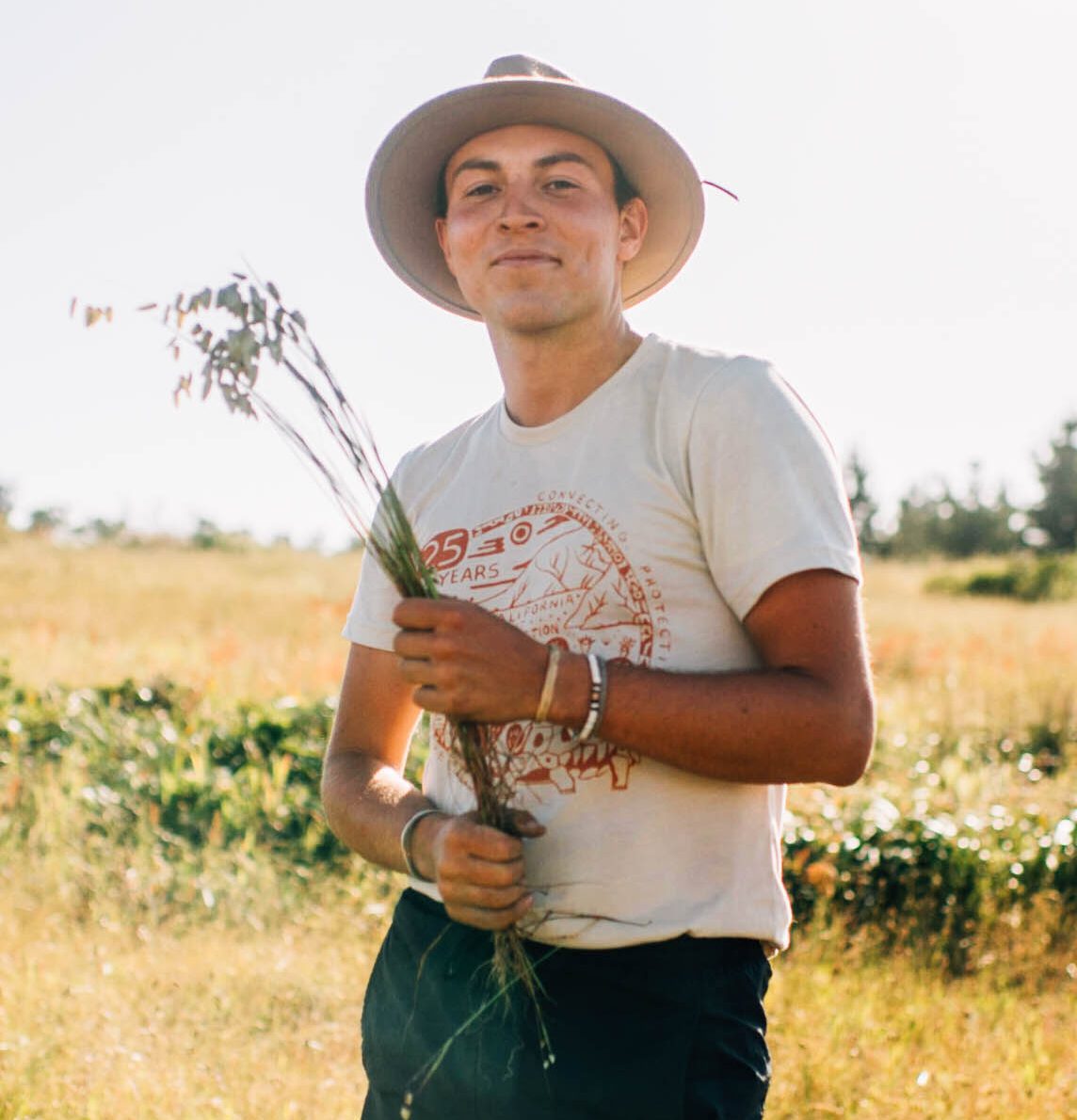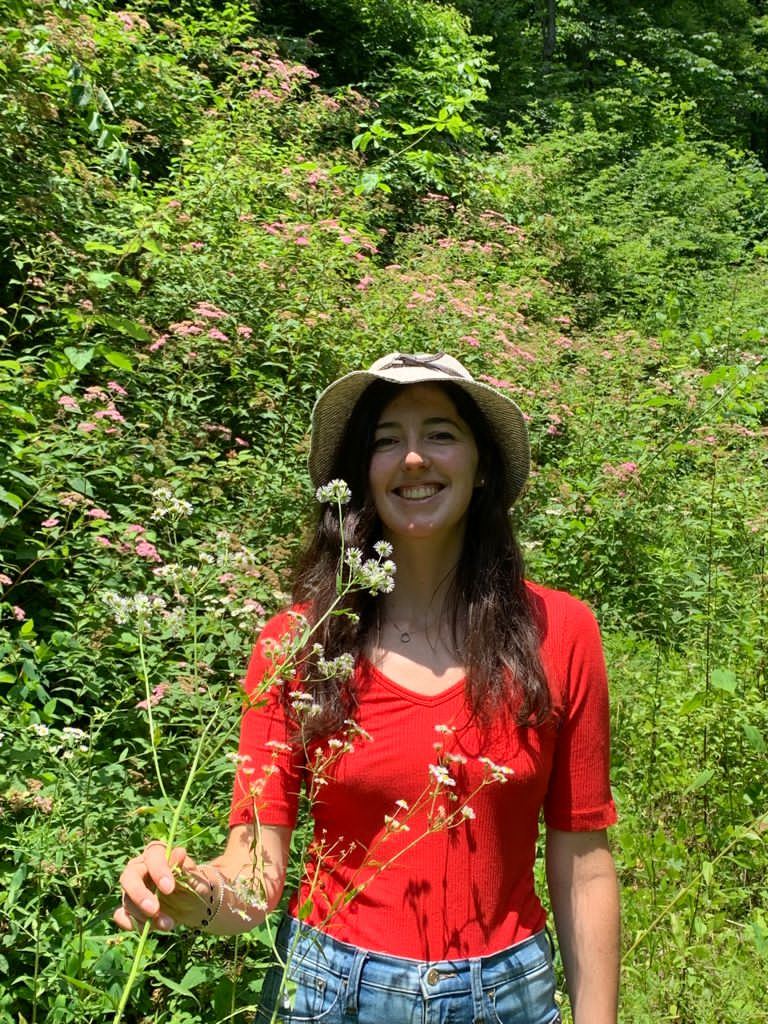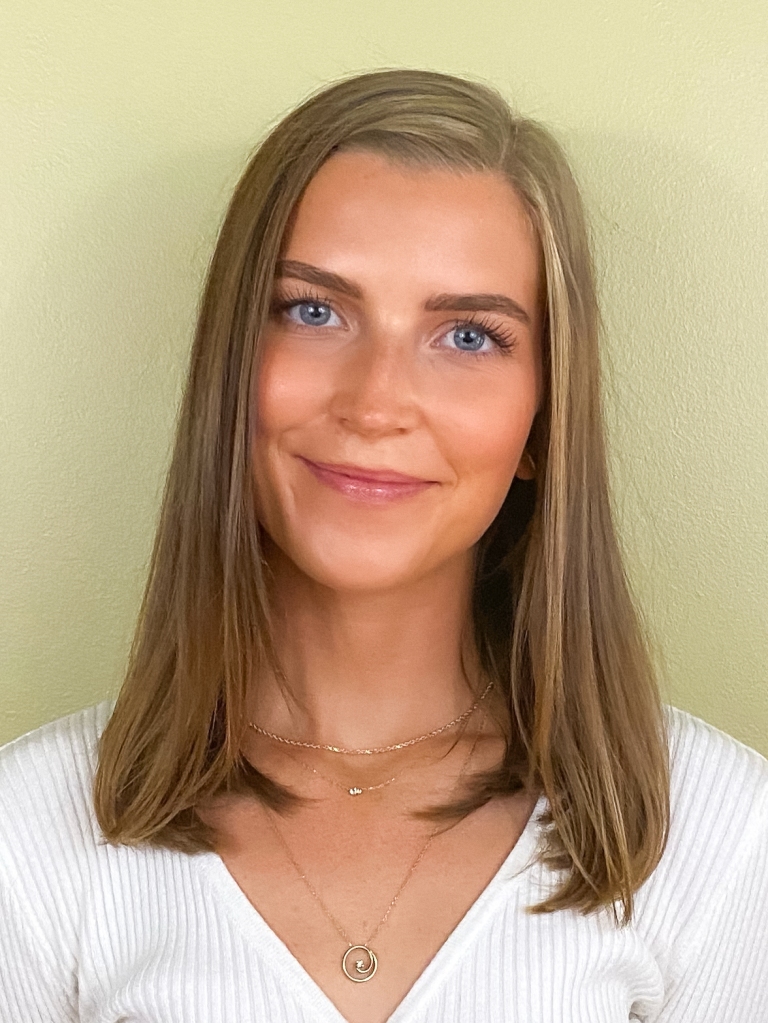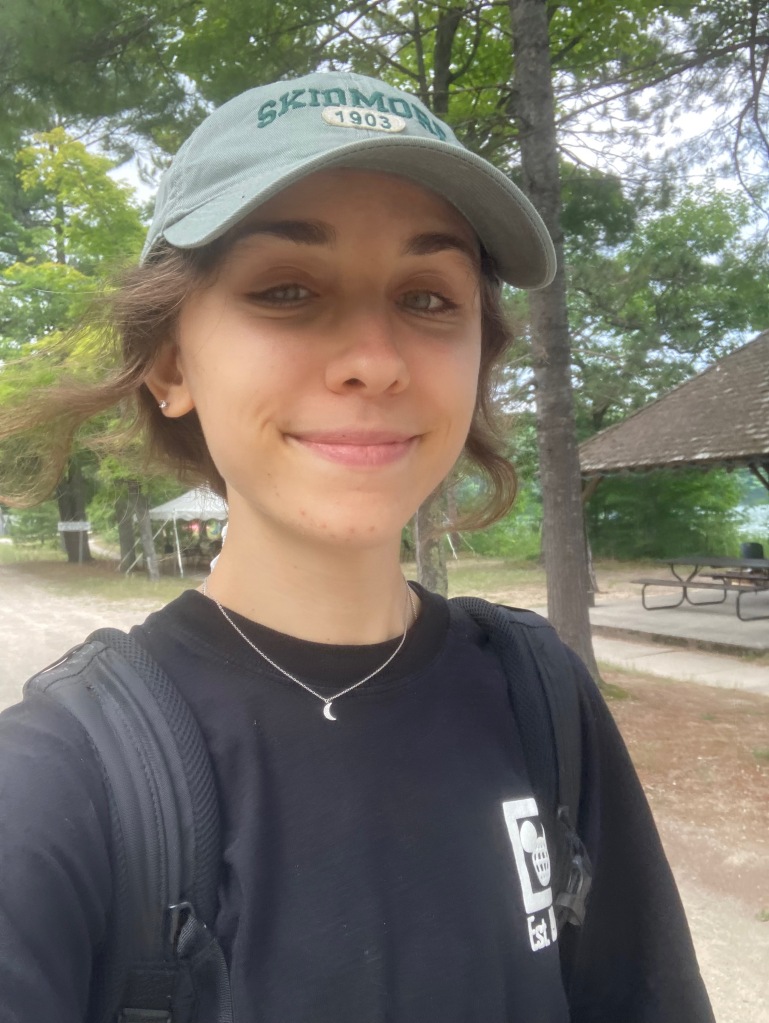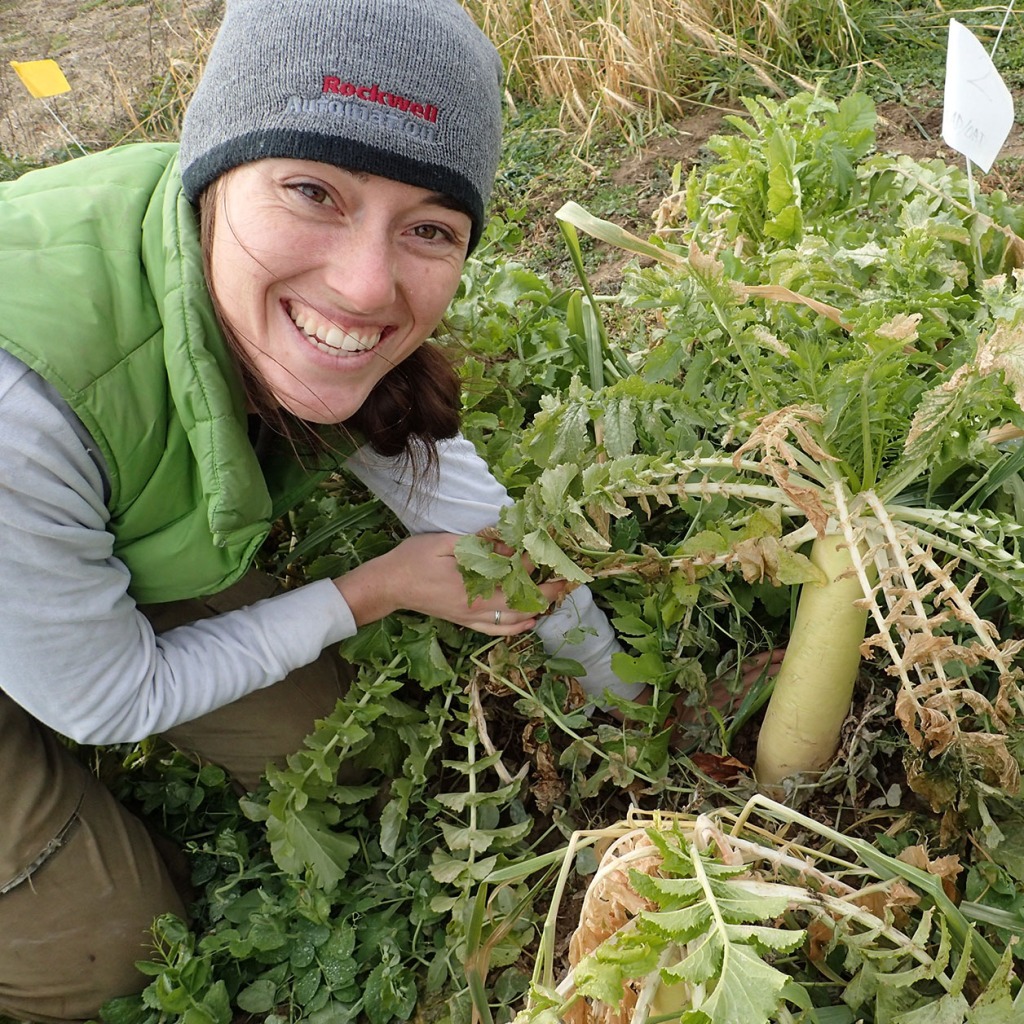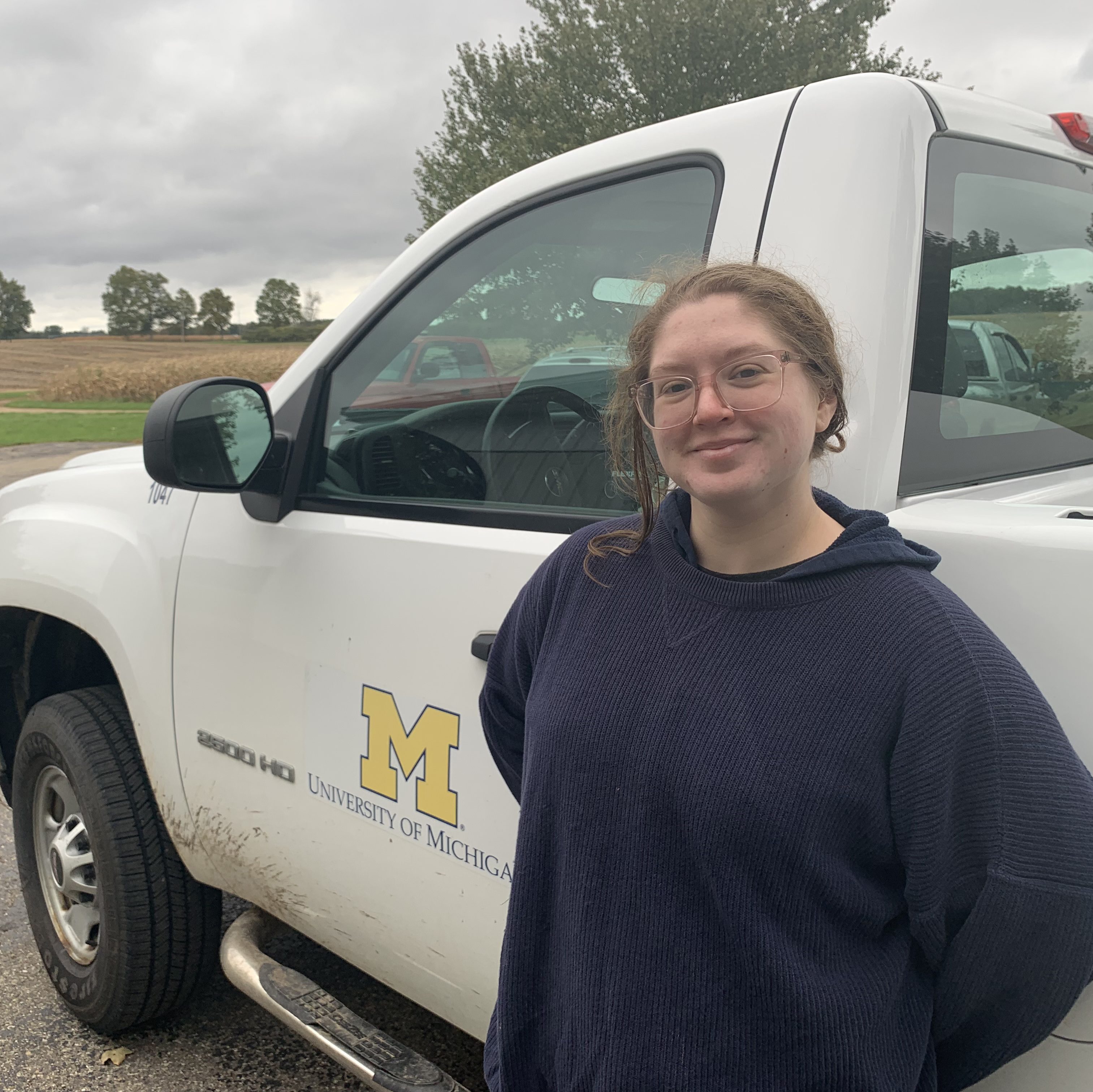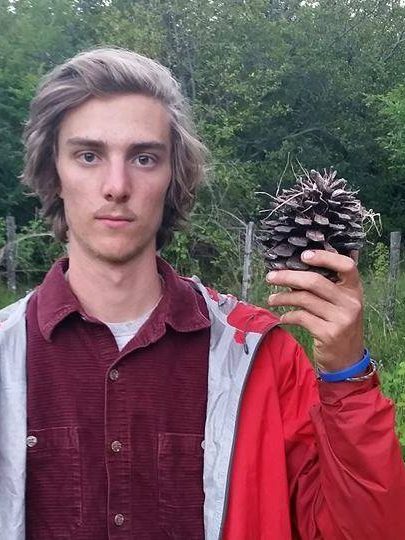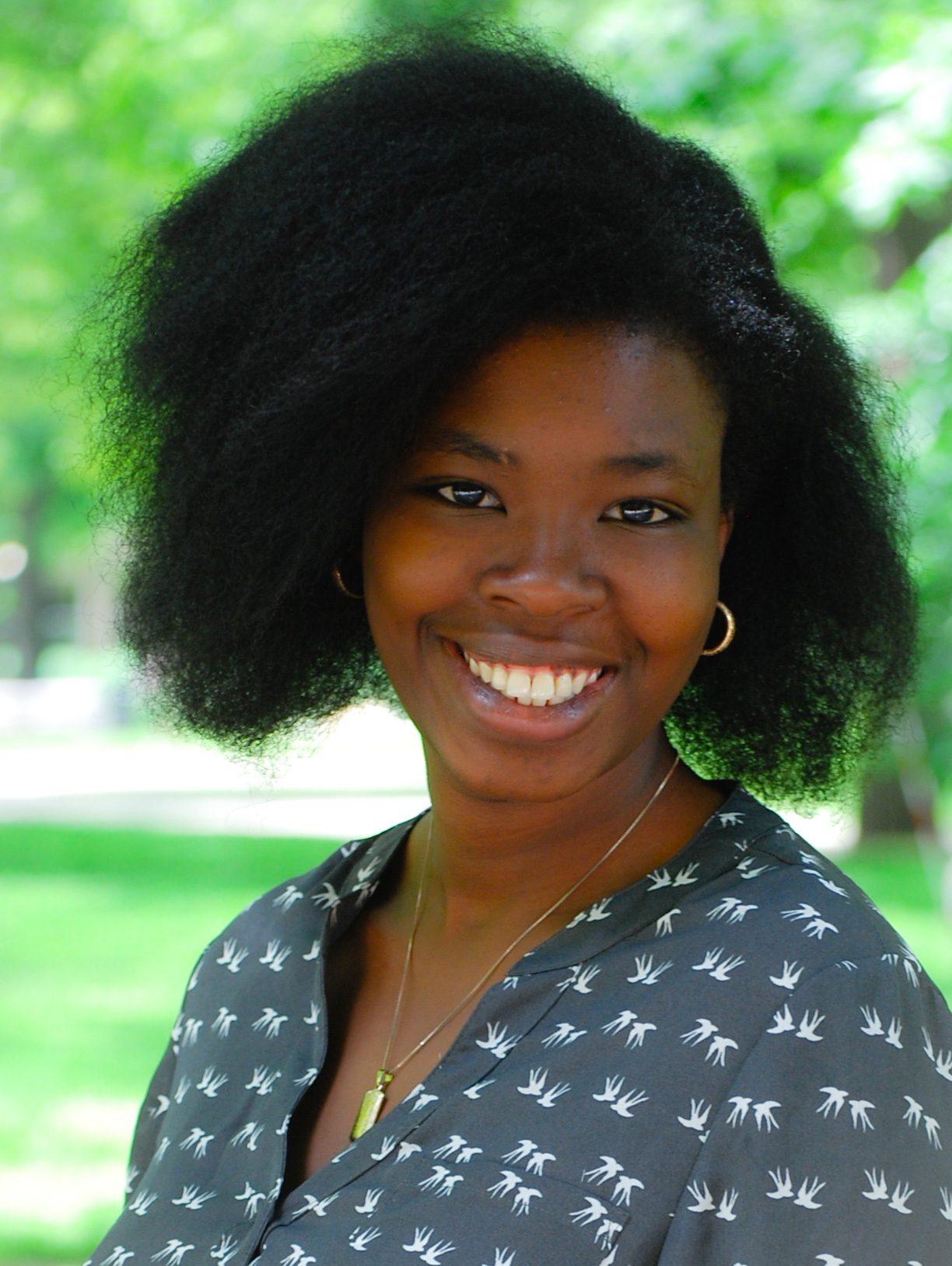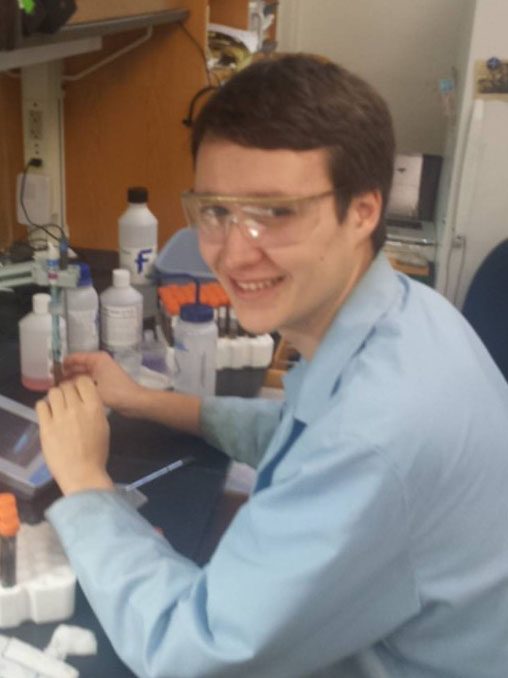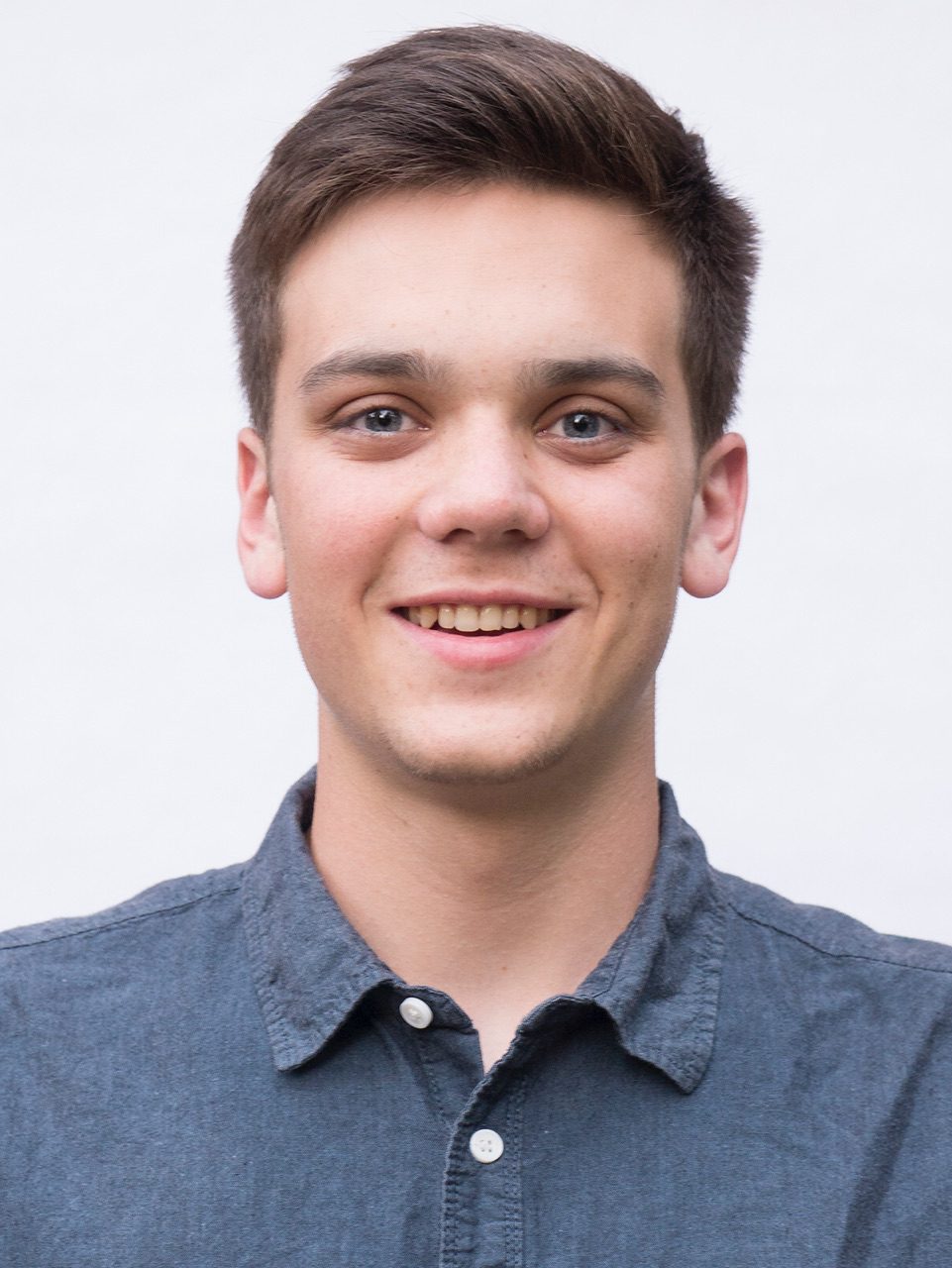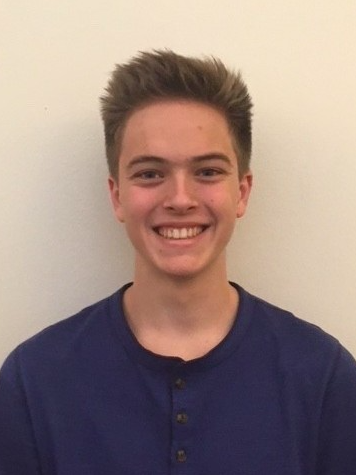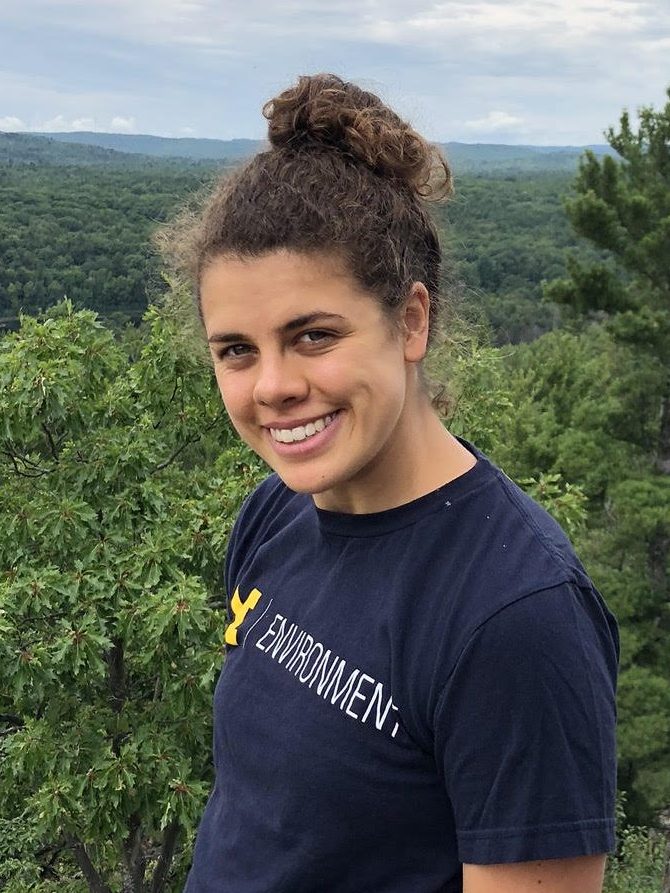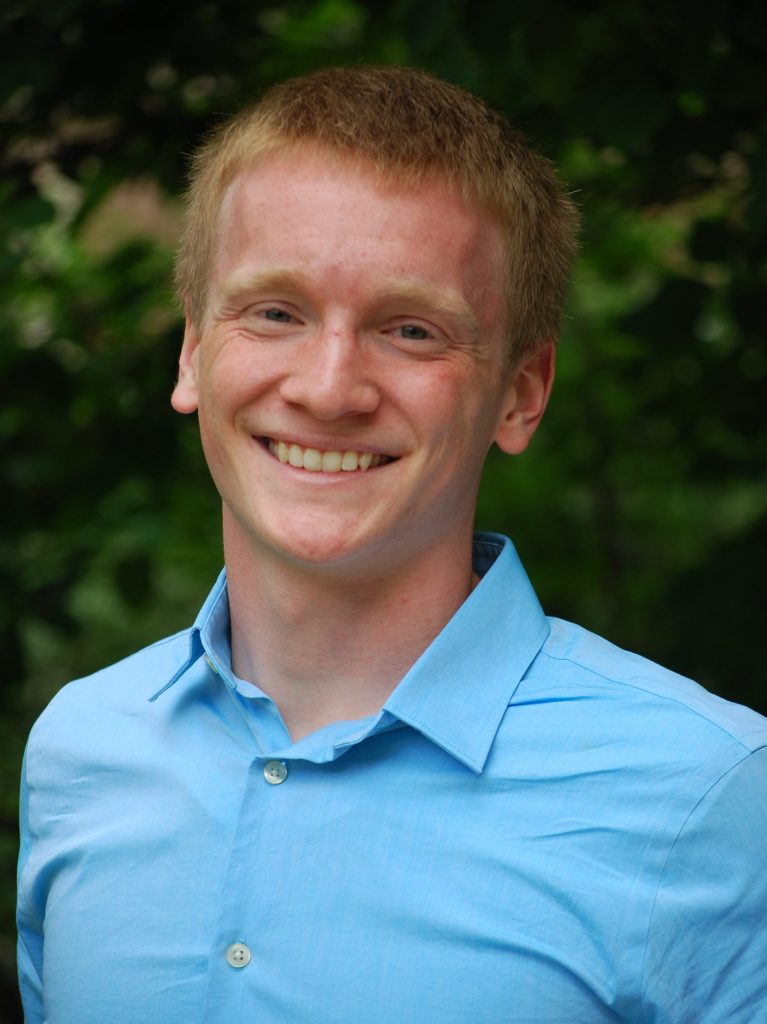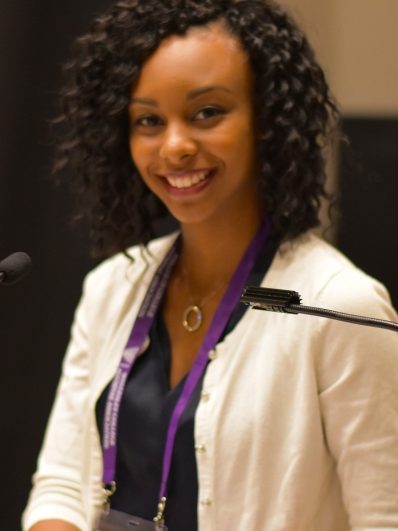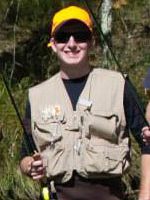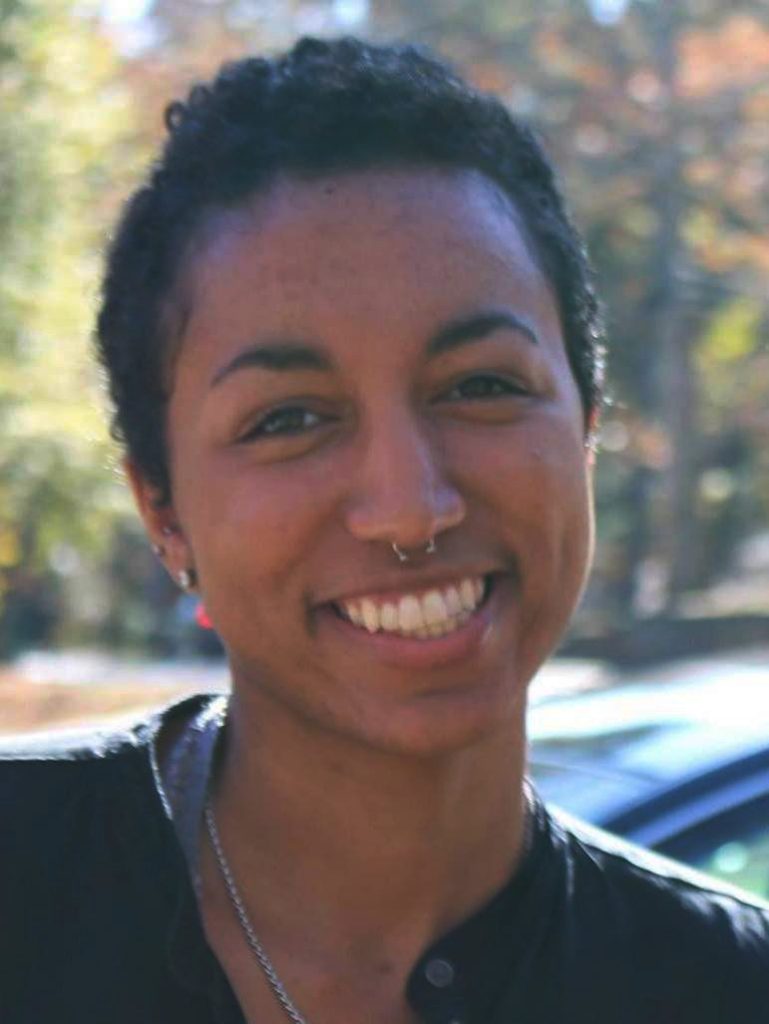Jennifer Blesh
Principal Investigator
Dr. Blesh is an Associate Professor in the School for Environment and Sustainability at the University of Michigan and part of the Sustainable Food Systems Initiative. Through her work she explores the potential for agroecological management to improve the sustainability of food production. She uses interdisciplinary and mixed-methods research approaches to measure and assess environmental, agronomic, and social outcomes of a diverse range of agri-food systems, drawing on theories and methods from disciplines such as agroecology, biogeochemistry, ecosystem ecology, soil science, rural sociology, and political ecology. Practicing interdisciplinarity, thinking systemically, and integrating multiple perspectives are all fundamental components of her scholarship.
Kent Connell
Postdoctoral Research Fellow
Kent is an ecosystem ecologist broadly interested in soil carbon and nutrient cycling, plant-soil interactions, and global change. He is currently working two projects in the lab: 1) the USDA AFRI grant to investigate the influence of management legacies on nitrogen and phosphorus retention in farms across varying climate and soil conditions, and 2) the CNAP grant to investigate how cover crop mixtures influence soil carbon storage in Michigan grain farms. Previously, for his PhD research at Kansas State University and the Konza Prairie LTER site, Kent used a combination of field studies and long-term data analysis to investigate rhizosphere interactions and soil biogeochemical cycling in grasslands.
Alison Nord
Postdoctoral Research Fellow
Ali is an agroecologist interested in sustainable agricultural management, with a particular focus on soil health and overall crop production within alternative agricultural systems. She is currently working on the perennial grain-legume intercrops project investigating the potential of intercropping alfalfa and clover legumes with intermediate wheatgrass (IWG) to improve the nutrient cycling, soil health, and production quality in perennial agricultural systems. She previously completed her PhD at Michigan State University, where she focused on maize-legume cropping systems in Tanzania, East Africa. Her research there involved an interdisciplinary approach to evaluating legume production, integrating field trials, on-farm assessments and current extension systems to improve understanding of sustainable intensification opportunities at different scales.

Etienne Herrick
PhD Candidate
Etienne plans to use a functional ecology framework to better understand linkages between agroecosystem structure and function across variable environmental and management conditions, particularly within the context of a rapidly changing climate. She received her B.S. from the Program in the Environment at the University of Michigan in 2018. For her Senior Honors Thesis in the Blesh Lab, Etienne used plant functional traits as mechanistic indicators of cover crop species interactions, and also examined predictive relationships between cover crop traits and ecosystem services. During her gap year, she worked at the USGS on an invasive species management program, and then joined the Zak Lab at UM SEAS to learn and perform molecular ecology techniques for an ectomycorrhizal fungi research project.
William Brinkerhoff
PhD Student
Will is an agroecologist interested in crop-livestock integration. Broadly, he is interested in how cover crop grazing can provide benefits to soil health, farm profitability, and local food systems by increasing the adoption of cover crops, reducing chemical inputs, and generating a supply of sustainable animal protein. Will studied Molecular and Environmental Biology and Food Systems at UC Berkeley, and for his honors research, he studied soil carbon fractions and microbial biomass on his family’s ranch in Dexter, MI. In addition to his fascination with agroecological research, Will has strong passions for working on farms and ranches, spending time in the woods, and building community around a dinner table.
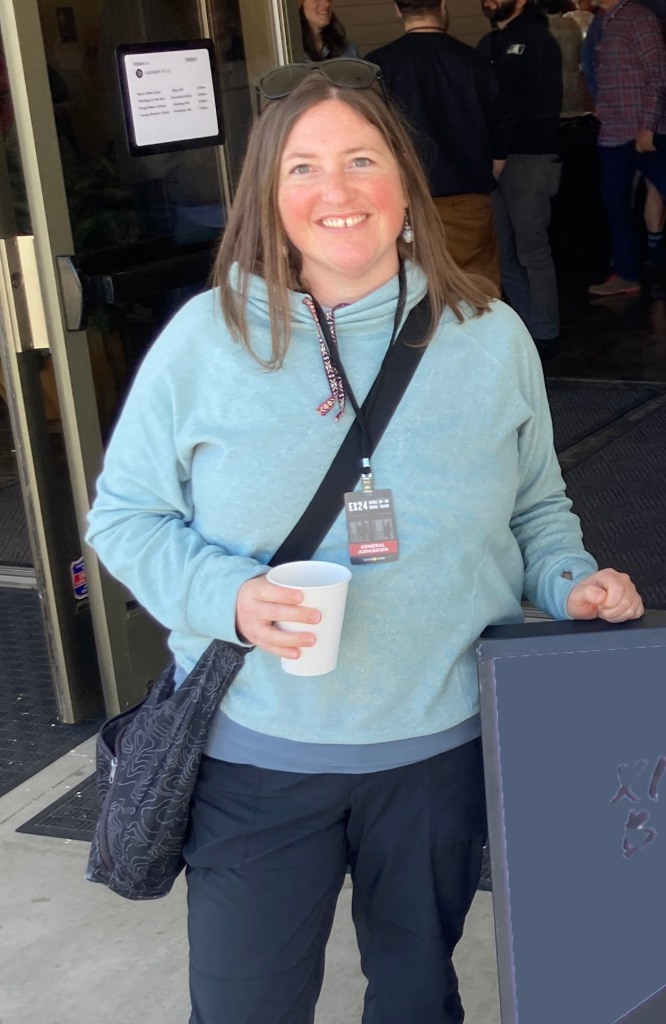
Beth VanDusen
Lab Manager
Beth received a MS in Ecology from the University of North Carolina at Chapel Hill and a BS in Biology from Palm Beach Atlantic University. After spending a number of years fending off ghost crabs, sand fleas, sharks, and humidity while conducting research in coastal North Carolina, she returned to her home state of Michigan in 2015 to join the Blesh Lab team. Though her research background is rooted in coastal ecology, Beth maintains diverse interests and has long been fascinated by all-things-food, including local food production and the development of sustainable food systems.
Blesh Lab Alumni
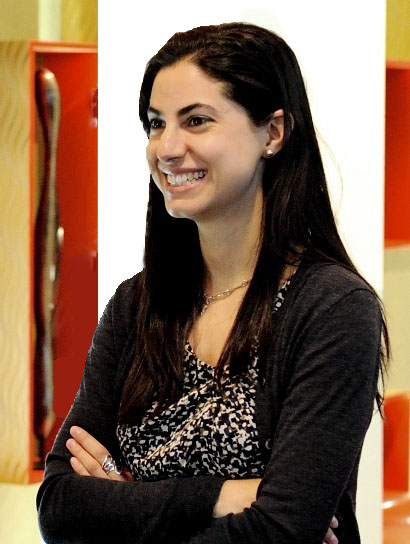
Postdoctoral Research Fellow, 2015-2017
As a postdoctoral fellow at the University of Michigan, Vivian collaborated on an interdisciplinary project investigating relationships between policy, agricultural practices, and social-ecological resilience of food systems for the family farming sector in Brazil. She is currently a P.R.I.M.E. Research Fellow, funded by the German Academic Exchange Service (DAAD) and the Marie Curie Program of the European Commission. In 2018, Vivian will join Wageningen University for an Ecological Design of Foodscapes postdoc position, which includes the opportunity to transition to a tenure track faculty position within Wageningen.
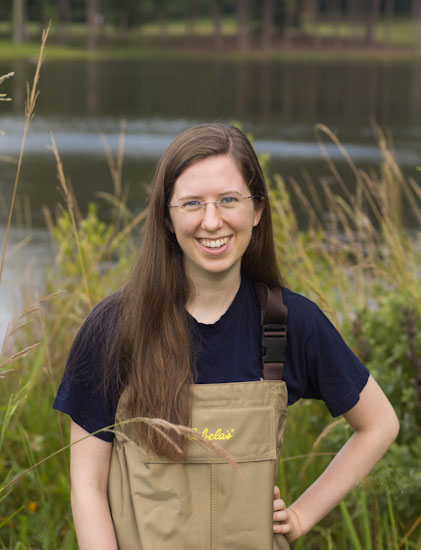
PhD, 2022
Current position: Collaborative Research Specialist at the University of Michigan Water Center, Graham Sustainability Institute
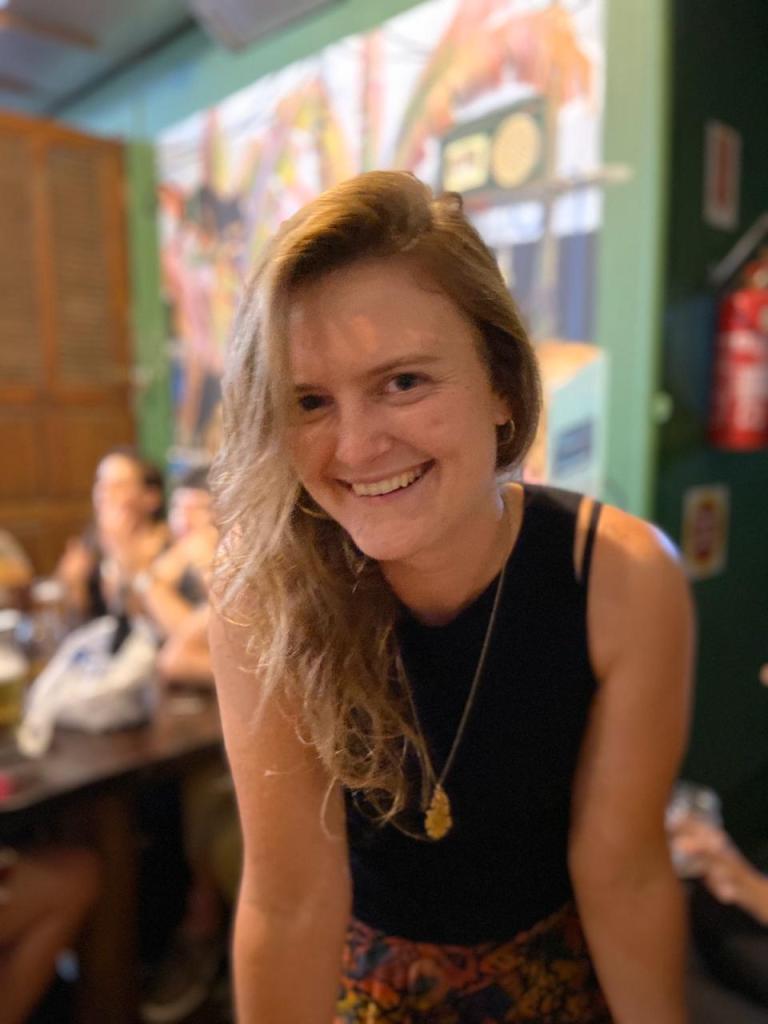
PhD, 2021
Current position: Postdoctoral Researcher at the Department of Sustainable Use of Natural Resources, Institute of Social Sciences in Agriculture, University of Hohenheim, Stuttgart, Germany

MS, 2021
SEAS Ecosystem Science & Management
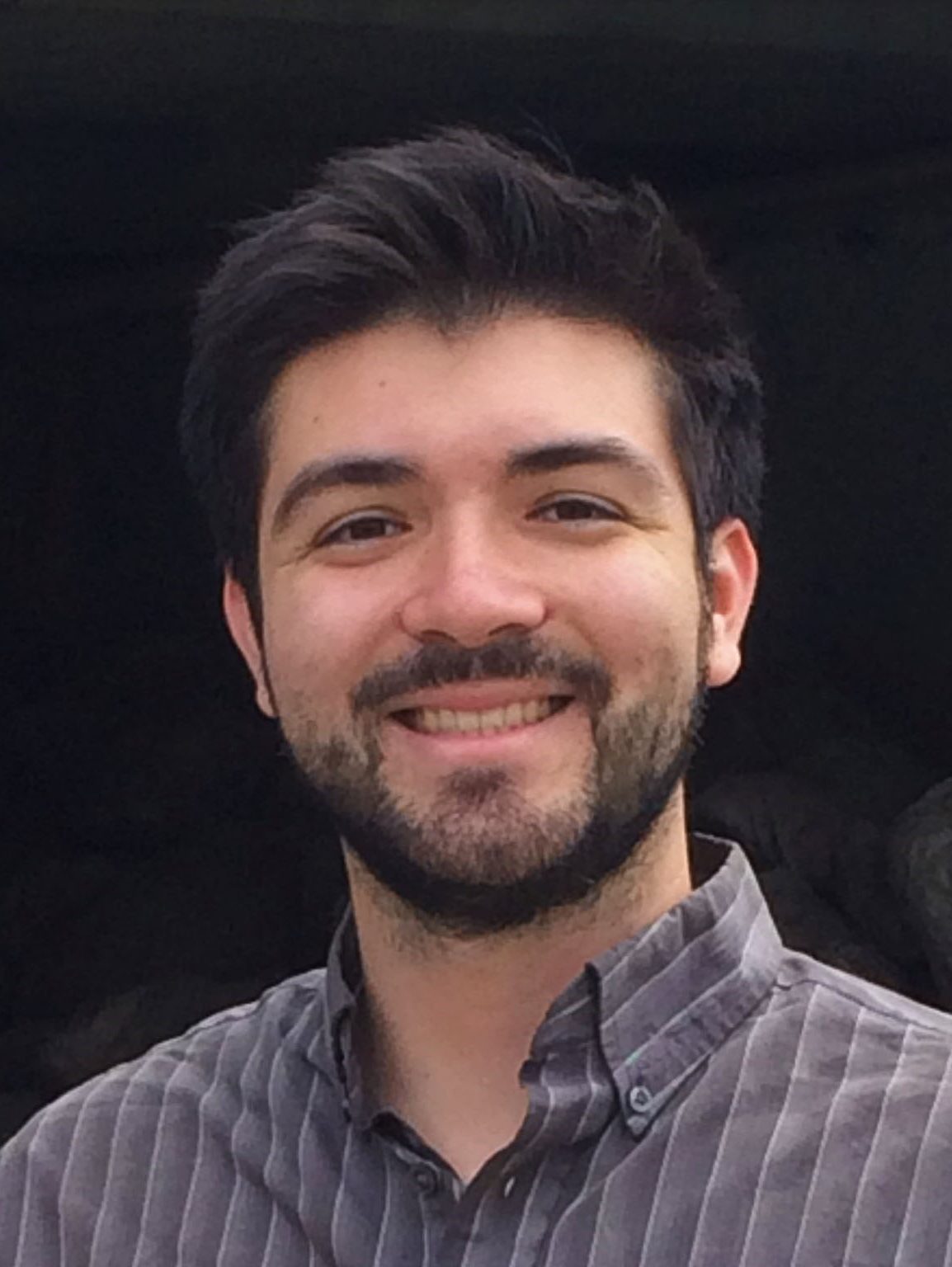
MS, 2019
SEAS Conservation Ecology
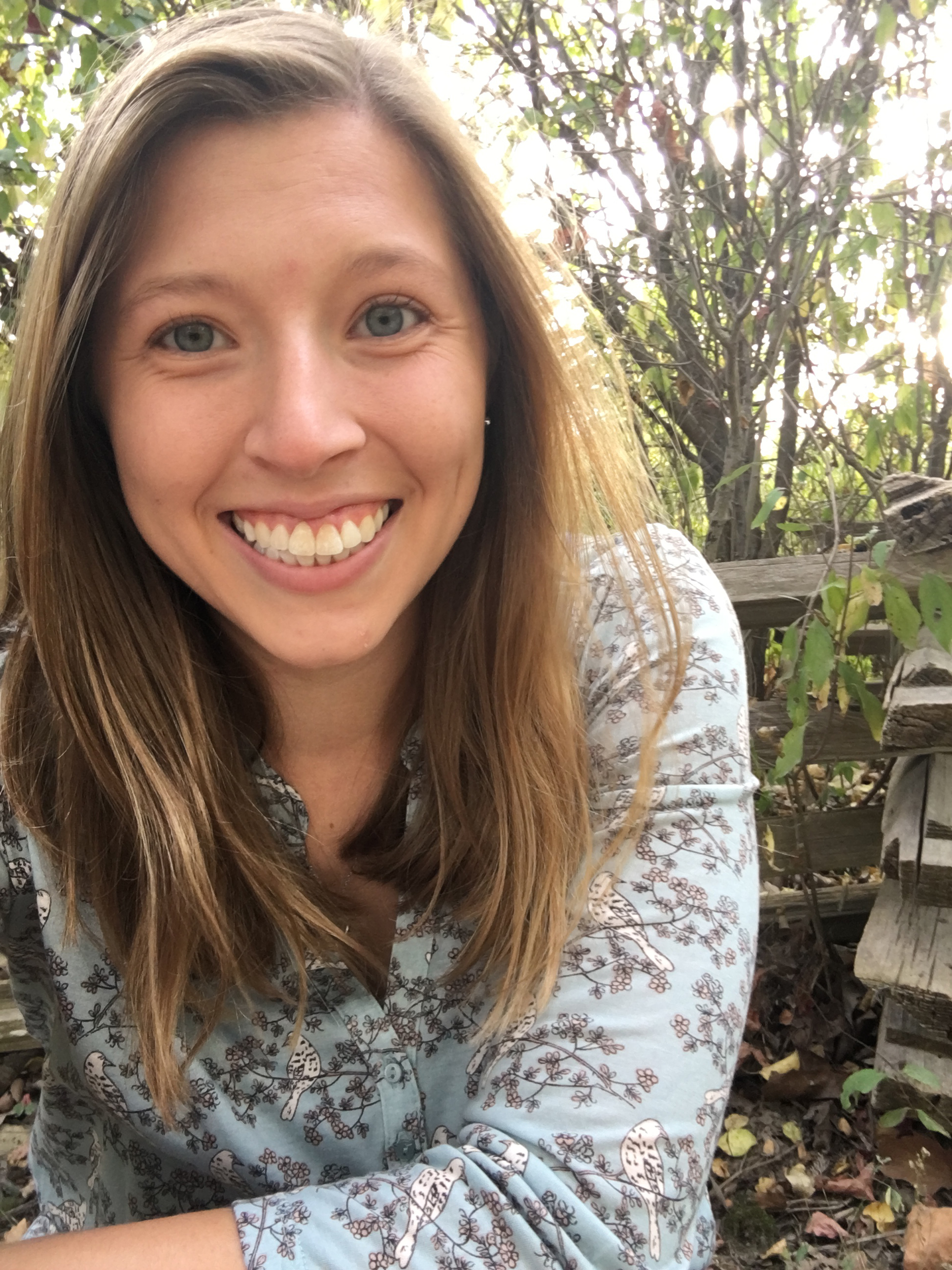
MS, 2018
SEAS Conservation Ecology
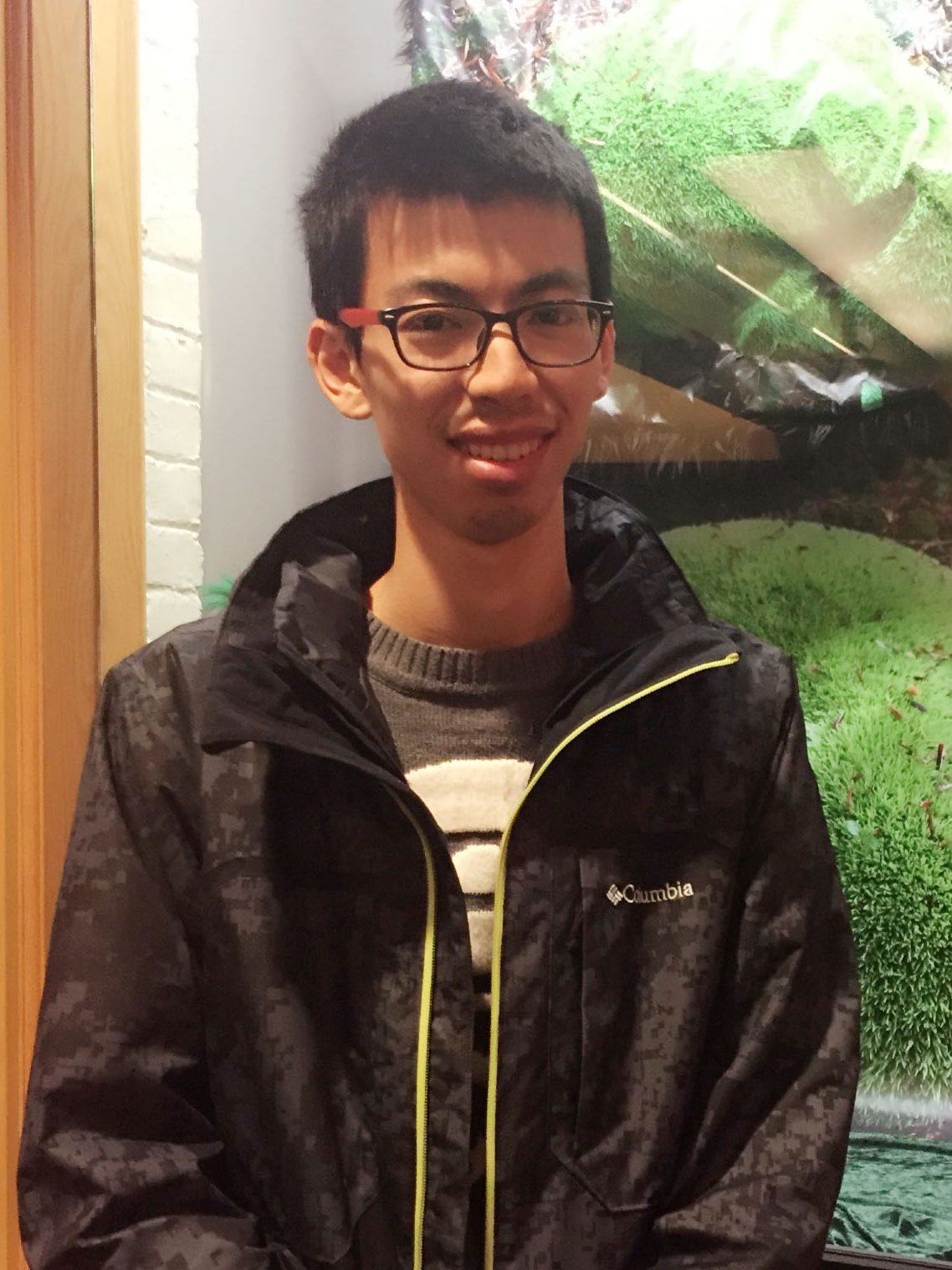
MS, 2018
SEAS Conservation Ecology
Research Assistants
